The auto industry has been a pillar of global economies for over a century. From the Ford Model T to the Tesla Model 3, cars have evolved and adapted, reflecting changes in technology, society, and consumer preferences. The significance of the industry has been astounding, not just in economic terms but also in its impact on the human lifestyle. As the world moves deeper into the 21st century, the industry faces a turning point shaped by forces like climate change, technology advancements, and shifting consumer behavior. This post will explore what the future may hold for the automotive industry, delving into various areas that are poised to drive substantial change.
Contents
- 1 Evolution Of Automotive Technologies
- 2 E-Mobility: Rise Of Electric Vehicles (EVs)
- 3 Autonomous Vehicles And Artificial Intelligence (AI)
- 4 Connectivity And Car Technologies
- 5 Green Manufacturing
- 6 Shared Mobility And Ride-Hailing Services
- 7 Emerging Markets And Global Trends
- 8 Regulations And Policy Changes
- 9 Car Design Innovations
- 10 Impact On Jobs And The Workforce
- 11 The Future Of The Auto Industry Is Promising!
Evolution Of Automotive Technologies
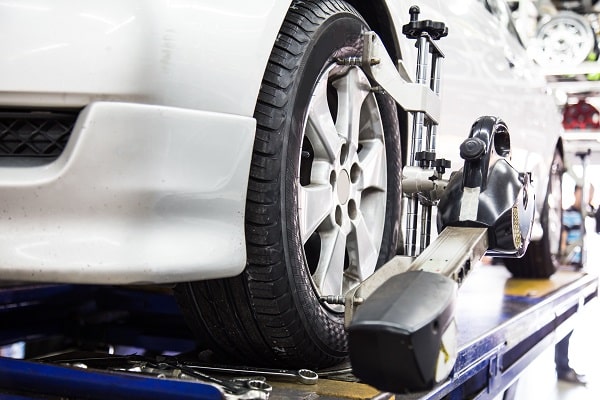
The car industry’s journey has been marked by relentless technological innovation. From the early days of combustion engines to the recent breakthroughs in electric and autonomous vehicles, technology has driven the industry’s evolution. The future promises even more dramatic transformations as digitalization, connectivity, and artificial intelligence (AI) become integral parts of automotive design and functionality.
Emerging technologies such as AI, blockchain, and IoT promise to reshape the automotive landscape. While these technologies are still in their nascent stages, their potential to revolutionize aspects like car manufacturing, driving experience, and even vehicle ownership are already evident. In the subsequent sections, you will learn more about these advancements in more detail.
E-Mobility: Rise Of Electric Vehicles (EVs)
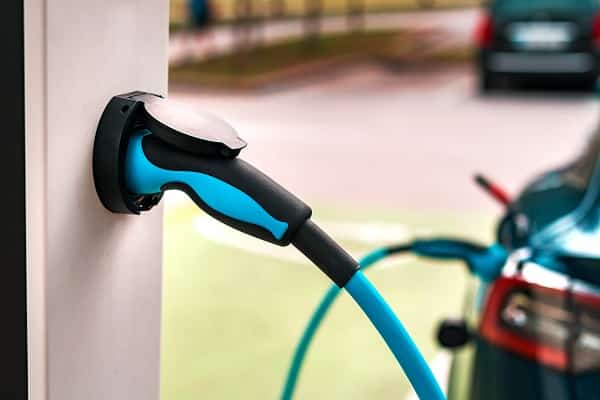
Electric vehicles have shifted from being a fringe idea to a central strategy for many car manufacturers. More and more consumers are embracing the idea of emission-free driving, spurred by growing environmental awareness and improving EV infrastructure. The future of the car industry is likely to be electrified, with many predicting that EVs will outsell internal combustion engine cars within a few decades.
However, several challenges need to be addressed for this electric revolution to truly take off. These include developing more efficient batteries, expanding charging infrastructure, reducing costs, and managing the impact on power grids. While these are substantial challenges, ongoing technological and policy efforts promise to overcome these hurdles and pave the way for a more sustainable automotive future.
Autonomous Vehicles And Artificial Intelligence (AI)
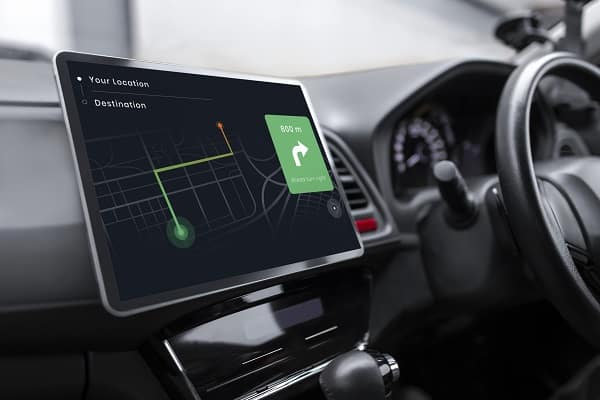
The advent of AI has given rise to a new generation of self-driving cars. Companies like Waymo, Tesla, and Uber are at the forefront of developing vehicles that can navigate roads with minimal or no human intervention. The future will likely see increased levels of vehicle autonomy, resulting in changes in traffic patterns, driving behaviors, and even urban design.
Despite the promising future, autonomous vehicles face significant technical, regulatory, and social challenges. These include refining the AI technology to handle complex driving scenarios, overcoming regulatory hurdles, and addressing societal concerns around safety and job displacement. Overcoming these obstacles will require concerted efforts from automakers, regulators, and society as a whole.
Connectivity And Car Technologies
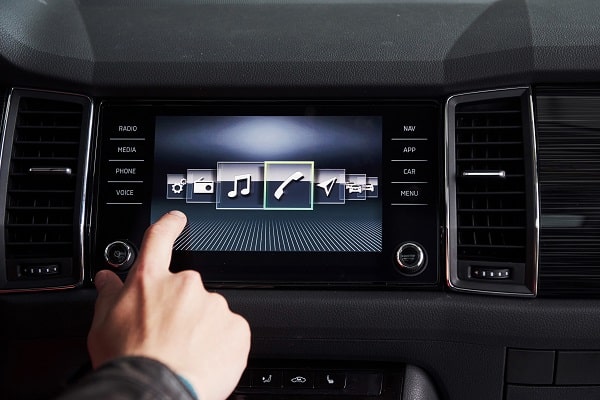
Today’s cars are becoming more than just a means of transportation; they are transforming into connected mobile platforms. In-car connectivity, powered by IoT technology, allows vehicles to communicate with each other, traffic management systems, and personal devices. This transformation brings benefits such as improved safety, optimized traffic flow, and personalized user experiences.
However, the rise of connected cars also brings challenges. These include data security and privacy concerns, issues with interoperability, and the need for updated road infrastructure. The automotive industry will need to work closely with governments, technology providers, and other stakeholders to fully realize the potential of connected car technologies.
Green Manufacturing
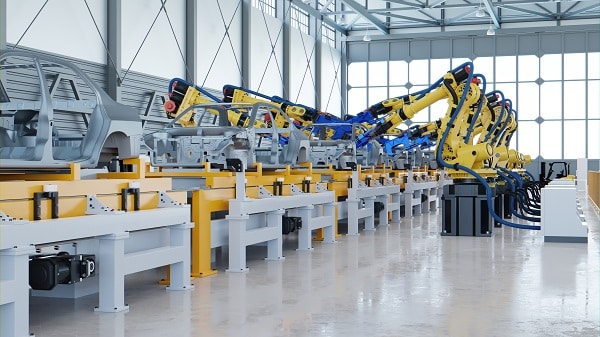
As the world grapples with climate change, the car industry is under pressure to minimize its environmental footprint. One of the key aspects of this is green manufacturing – a shift towards more sustainable and environmentally friendly production processes. This shift not only benefits the environment but also aligns with changing consumer preferences for more sustainable products.
Green manufacturing in the automotive industry is still evolving and faces several challenges. These include the high costs of green technologies, the need for changes in supply chain management, and regulatory pressures. Despite these hurdles, the move towards more sustainable manufacturing is likely to continue, driven by a combination of consumer demand, regulatory pressures, and technological advancements.

The concept of car ownership is changing with the rise of shared mobility and ride-hailing services. Companies like Uber and Lyft have already disrupted traditional taxi services, and car-sharing platforms like Zipcar are gaining popularity. The shift towards shared mobility has the potential to dramatically reshape the car industry, with impacts on everything from car design to urban planning.
While the rise of shared mobility brings numerous benefits, it also presents challenges. These include regulatory issues, concerns about job security for traditional taxi drivers, and the need for changes in infrastructure. The future of shared mobility will depend on how these challenges are addressed and the rate at which consumers embrace these new forms of transportation.
Emerging Markets And Global Trends

Emerging markets, including China, India, and Southeast Asia, are playing an increasingly important role in the global car industry. Rising incomes and growing middle classes in these regions are driving demand for vehicles. This shift in the global car market will influence future industry trends, including the types of vehicles produced and the technologies they incorporate.
In addition to these market shifts, the car industry is being influenced by global trends such as urbanization, digitalization, and sustainability. These trends are shaping the industry’s future, driving innovations in areas like electric vehicles, autonomous driving, and connected car technologies.
Regulations And Policy Changes

Governments play a crucial role in shaping the future of the car industry through regulations and policies. These can range from emission standards and safety regulations to policies promoting electric vehicles and autonomous driving. Future policy changes, driven by factors such as climate change and technological advancements, will play a significant role in shaping the industry’s direction.
The impact of these policy changes can be profound. For instance, stricter emission standards can accelerate the shift towards electric vehicles, while policies promoting autonomous driving can speed up the deployment of self-driving cars. However, policy changes can also bring challenges, requiring the industry to adapt and innovate to comply with new regulations.
Car Design Innovations

Car design is another area undergoing significant change. Future cars are likely to be defined not just by their engines and performance but also by their connectivity features, interior design, and adaptability to different driving modes (human-driven vs. autonomous). The role of design is becoming more central as cars transition from being just vehicles to becoming personalized mobile living spaces.
The future of car design will also be influenced by factors such as sustainability and the rise of shared mobility. For example, sustainable materials are becoming more prevalent in car interiors, and the rise of ride-sharing is leading to designs that prioritize passenger comfort and usability over driver-centric features.
Impact On Jobs And The Workforce
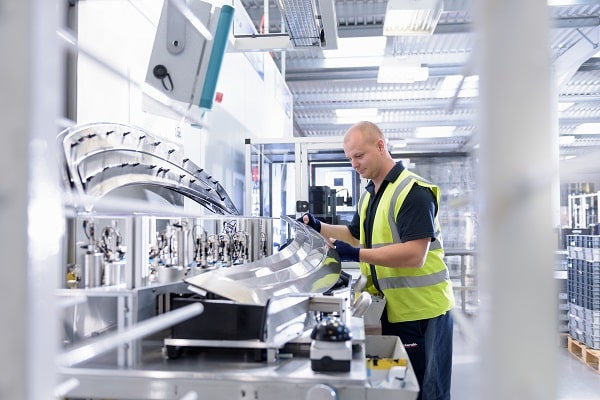
The car industry’s transformation will have significant implications for jobs and the workforce. On the one hand, new jobs will be created in areas such as electric vehicle production, autonomous vehicle technology, and shared mobility services. On the other hand, certain jobs, especially those related to traditional car manufacturing and driving, may become less prevalent.
To thrive in this changing landscape, workers will need to acquire new skills. These may include skills related to electric vehicle technology, artificial intelligence, data analysis, and more. The transition could be challenging, but with the proper training and education policies, the workforce can adapt to the future car industry.
The Future Of The Auto Industry Is Promising!
The car industry’s future promises to be as exciting as its past. While challenges abound, the potential benefits – from cleaner air to safer roads to more efficient transportation – make the journey worthwhile. The transformation of the car industry will not just reshape how you travel but could also have far-reaching impacts on cities, jobs, and lifestyles. As the world navigates this path, continued dialogue, innovation, and adaptability will be crucial. The road ahead is long, but the ride promises to be an exhilarating one!


